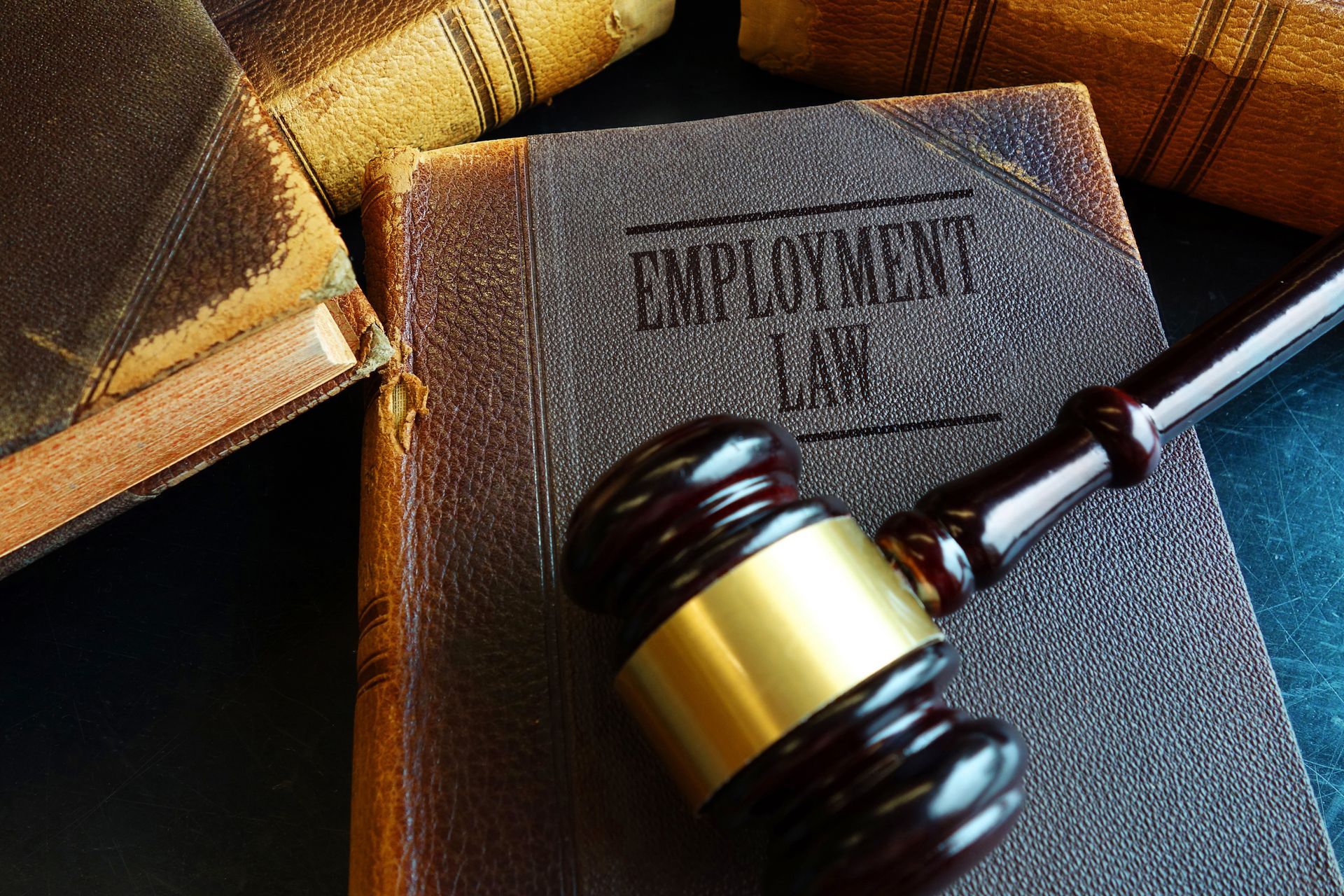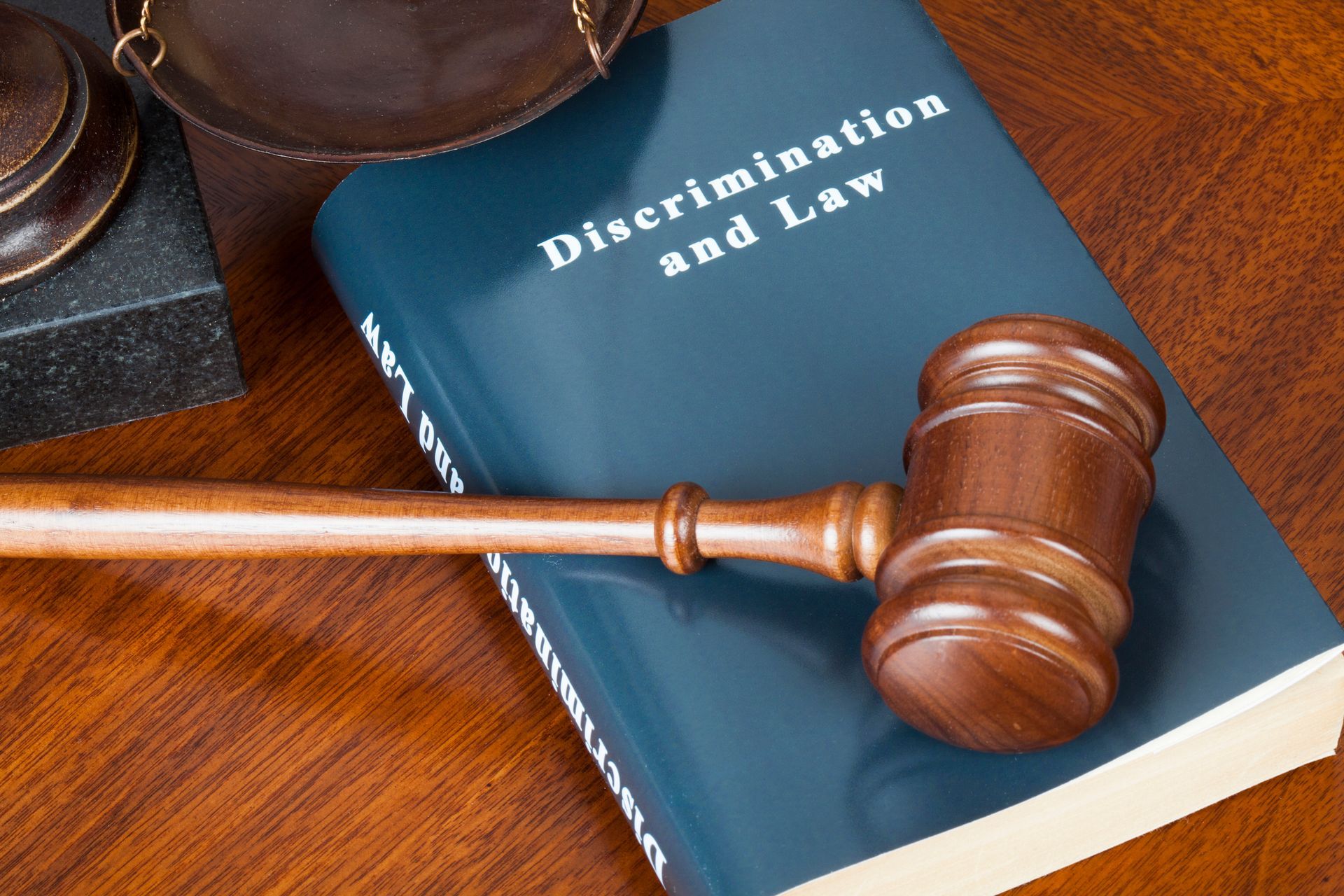Racial Discrimination in the Workplace: A Quick Guide

Racial discrimination is when a person gets unfair treatment because they are of a certain race. Discrimination can also happen because a person exhibits traits associated with a specific race, like facial features, skin color, or hair texture. This type of discrimination sometimes manifests in the workplace despite laws banning it. Here is what you need to know about racial discrimination in the workplace.
What Is Racial Harassment?
Racial discrimination in the workplace occurs in the form of racial slurs, derogatory remarks, and offensive language about a person's race. The harassment also includes displaying symbols offensive to people of a certain race. While simple teasing or offhand comments aren't illegal, continued teasing can create a hostile working environment. In some cases, the harassment leads to the victim losing their job or position.
How Do You Identify Racial Discrimination?
One unfortunate characteristic of workplace racial discrimination is that the practice can go undetected. After all, if the employer doesn't categorically admit otherwise, how can you prove that their decision was made on racial grounds? Regardless, some instances are proof of workplace discrimination.
For instance, employers can ask questions during the interview that may have subtle references to the applicant's race. If the applicant fails to get the job, the interview questions may be proof of racial discrimination. However, these situations are rare, and some employers may find a way to explain the line of questioning. For instance, the employer may inquire about race as part of an affirmative action program.
The following activities are signs of workplace racial discrimination:
- Failing to reward, promote, or hire an employee due to their race
- Using derogatory language and name calling
- Frequently blaming people of specific races for problems within the organization
You can also ask the employer, but they can always offer any viable reason that doesn't indicate racial discrimination.
Are There Any Exceptions to the Rule?
Sometimes, your company may make policies that appear discriminatory but are not. For instance, casting companies may place advertisements for characters of a specific ethnic background. If the company can prove genuine requirements for actors or actresses from specific racial groups, that may be deemed legal.
How Do You Prevent Racial Discrimination?
The law has strict regulations preventing employers from directly or indirectly discriminating against their employees. Racial discrimination isn't necessarily intended or deliberate, as some employers discriminate against individuals without even realizing it. Regardless, unintended racial discrimination is still illegal.
Employers may also be liable for any racist acts of their employees. For instance, if a colleague or line manager makes racist remarks about another worker, the employer may be responsible. The liability occurs if the employer does not implement measures to prevent workplace racial discrimination. In some cases, employers are still liable even after implementing reasonable steps.
Employers who fail to create a discrimination-free workplace may have to pay a fine. But the real penalty is the damage to the employer's reputation.
What Laws Protect Against Racism?
States and federal laws prohibit any form of racism in the workplace. Federal protection went into effect in 1964 with the Civil Rights Act. This act prevents any form of racial discrimination in the workplace. In particular, Title VII of the Civil Rights Act provides specific stipulations on what constitutes racial discrimination and the subsequent penalties for people found guilty of racial discrimination in the workplace.
Federal protection protects employees from racial discrimination during the hiring process. The law also prohibits employers from providing lower wages and benefits to employees due to their race. Other prohibited forms of discrimination include providing poor work conditions and segregation of employees along racial lines.
What Should Victims of Workplace Discrimination Do?
If you are a victim of racial discrimination in the workplace, you can get justice and compensation. Allen D. Arnold, Attorney at Law, is a law firm specializing in workplace discrimination and harassment cases. Contact us for more information.









